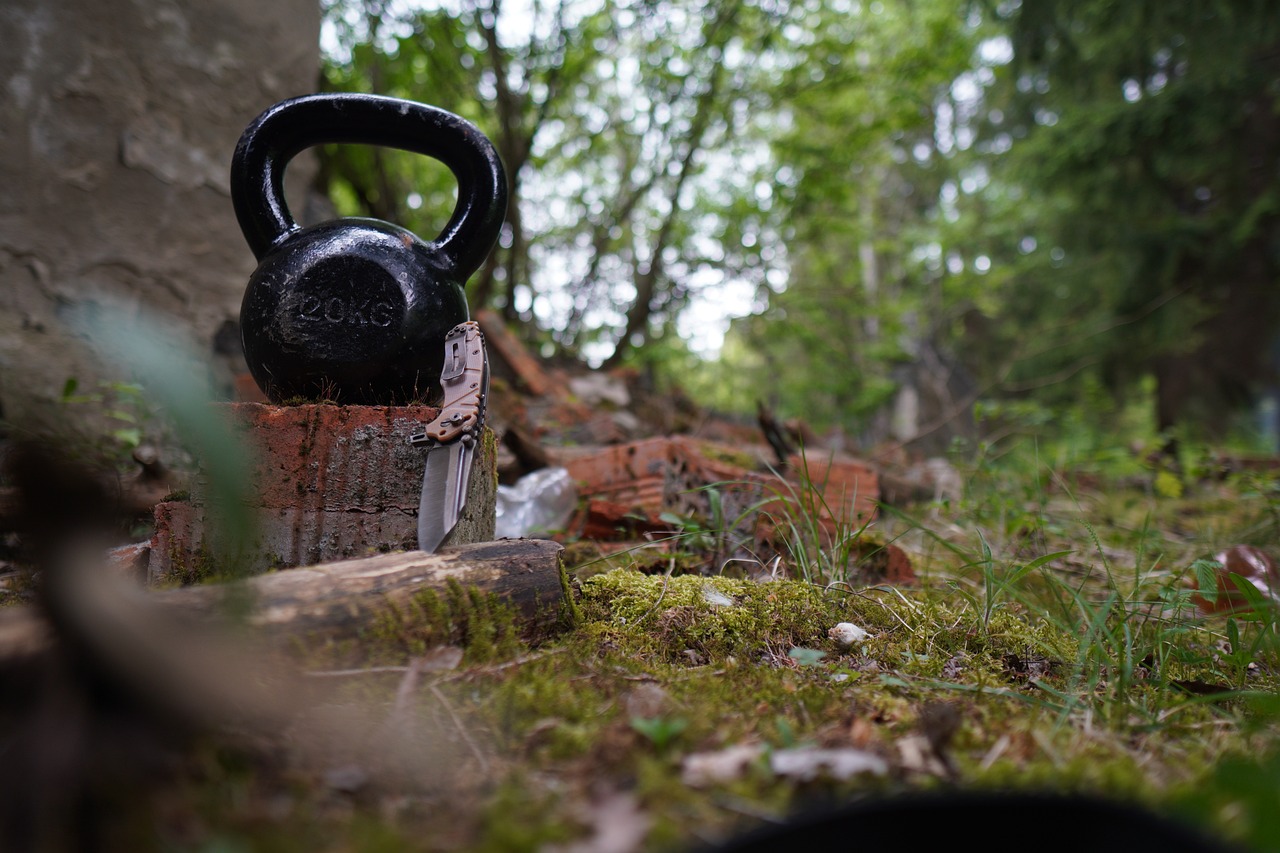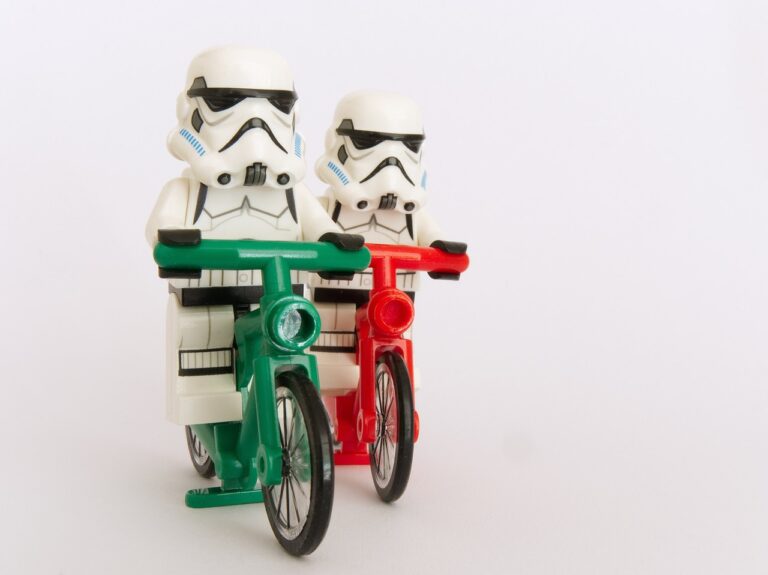Pathology of Marine Debris: Silver exchange, Goldenexch login, Betbook247.com login
silver exchange, goldenexch login, betbook247.com login: Marine debris, also known as marine litter, is a growing problem that impacts oceans and marine life worldwide. It consists of a wide variety of solid waste materials that are either deliberately dumped or accidentally introduced into the ocean. These debris can have significant implications for marine ecosystems, including affecting the health of wildlife and contributing to various diseases and pathologies.
Plastic pollution is a major component of marine debris, with items such as bottles, bags, and microplastics being commonly found in oceans. These plastics can be ingested by marine animals, leading to digestive issues, blockages, and even death. Ingested plastics can also leach harmful chemicals into the tissues of animals, impacting their overall health.
Other types of marine debris, such as fishing nets and ropes, can entangle marine animals, leading to injuries, infections, and death. These entanglements can hinder an animal’s ability to swim, feed, and reproduce, ultimately impacting their survival in the long run.
Chemicals and pollutants can also become attached to marine debris, further exacerbating the issue. These toxic substances can cause harm to marine life through direct contact or ingestion, leading to a range of health problems and even impacting entire populations of species.
The accumulation of marine debris in ocean environments can disrupt food chains and ecosystems. Organisms that rely on clean habitats and uncontaminated food sources may suffer as a result of the presence of debris. This can have cascading effects throughout the ecosystem, impacting biodiversity and reducing the resilience of marine populations.
Efforts to address the pathology of marine debris include cleanup initiatives, implementing regulations to reduce plastic usage and waste, and raising awareness about the negative impacts of marine debris on marine life. By working together to address this issue, we can help protect our oceans and the animals that call them home.
FAQs
1. What are some common sources of marine debris?
Common sources of marine debris include land-based sources such as littering, inadequate waste management, and urban runoff. Ocean-based sources include fishing activities, marine transportation, and offshore oil and gas platforms.
2. How does marine debris affect marine life?
Marine debris can affect marine life in various ways, including ingestion, entanglement, habitat destruction, and the spread of diseases and toxic substances. These impacts can lead to injury, illness, and death among marine animals.
3. What can individuals do to help reduce marine debris?
Individuals can help reduce marine debris by reducing plastic usage, properly disposing of waste, participating in beach cleanups, supporting legislation aimed at reducing plastic pollution, and spreading awareness about the issue. Small actions can make a big difference in protecting our oceans and marine life.







